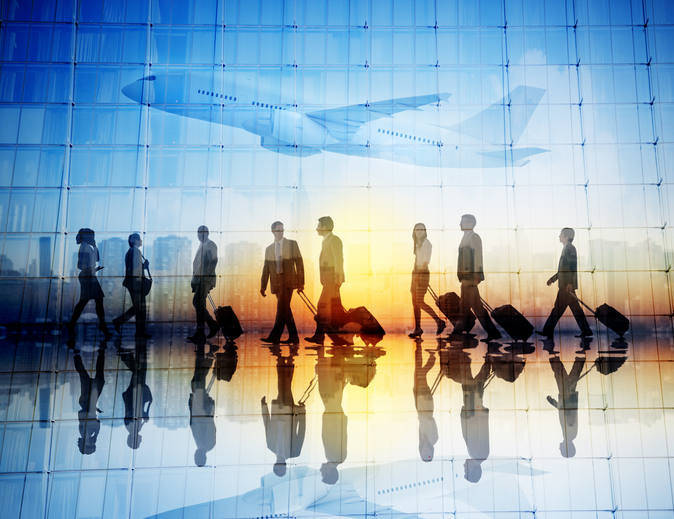Destination guides are more than travel resources for global business travelers. They are essential tools for ensuring smooth, efficient, and successful business trips. Why is this important for your company? Read the story of the two business travelers and you decide.
Prepared or Unprepared – A Cautionary Tale
John was an ambitious young manager at a rapidly growing tech company. He traveled frequently to different parts of the world and his latest assignment took him to Japan. Since he was confident in his abilities and felt rushed, John decided to skip the detailed research he usually does before going to a new country.
Landing the evening before, the next morning he arrived for his meeting on time. He greeted his Japanese counterparts with a firm handshake, a broad smile and direct eye contact. He noticed a few uncomfortable glances among the executives. Perhaps learning a few words of greeting in Japanese would have helped.
Unaware of Japanese customs, John missed the opportunity to bow, a sign of respect in Japan. His direct eye contact was also perceived as aggressive rather than respectful, as was interrupting someone speaking, which he did several times during the day-long meeting. At lunch, John forgot to wait for the most senior person to start eating first.
By the end of the day, John could tell the client wasn’t impressed. He later received an email from his boss expressing disappointment. The Japanese company had decided to delay any further discussions and mentioned the lack of cultural understanding and respect.
Sarah, on the other hand, was a seasoned marketing executive at a multinational corporation. She traveled often to different countries, and she was now the major lead on a project in Brazil. Sarah did advance research on Brazilian culture and business etiquette, and she learned a few useful language phrases.
She arrived in São Paulo feeling prepared and confident. Sarah attended her first meeting with the Brazilian team and greeted everyone with “Bom dia.” Knowing that Brazilians value personal relationships, she spent a few minutes sharing details about her journey and commenting on the city of São Paulo.
Her efforts paid off. The Brazilian team appreciated her effort to understand their culture and communicate a few words in their language. Sarah left the meeting with a sense of mutual respect and a clear path forward on the project.
John’s story underscores the importance of understanding the culture of the country before traveling for business, while Sarah’s story shows the value of being well-prepared. For business travelers, taking the time to learn about local customs, language, and etiquette is a crucial component of building strong, respectful, and successful business relationships.
Which employee would you rather have? The prepared or unprepared? The choice lies in your hands. Finding the right information for global business travelers doesn’t have to be hard.
Living Abroad’s Global Business Travel Center has all the information your business travelers need to be prepared on over 150 countries.


